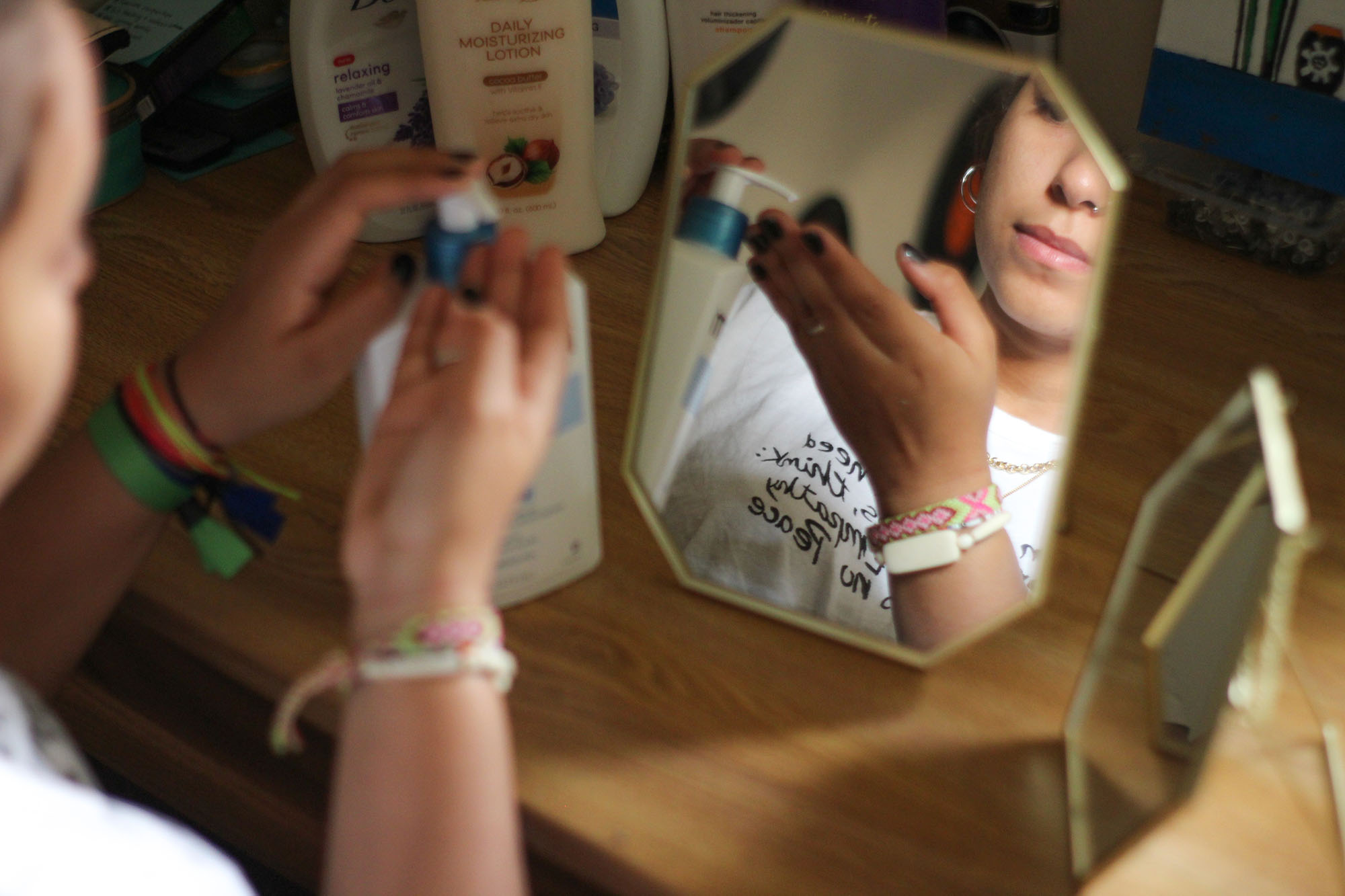MYTHS ABOUT DEPRESSION:
1. “Depression and sadness are one and the same.”
Sadness is temporary and not consistent while depression is a chronic condition. According to the Mayo Clinic, there are more than 3 million cases per year making it very common. In addition, it requires a medical diagnosis but lab tests or imaging rarely required.
2. “Talking about suicide will give someone the idea.”
This has probably already entered their mind and it won’t GIVE them the idea but rather offer help and discuss the possible consequences of suicide. Based on the 2018 National Survey of Drug Use and Mental Health it is estimated that 0.5 percent of the adults aged 18 or older made at least one suicide attempt. This translates to approximately 1.4 million adults.
3.“A person can snap out of depression”
According to Steven Gans, MD, 60% of all depression is caused by imbalanced chemicals in the brain. Put simply, neurotransmitters are chemical messengers in the brain. When a person is depressed, receptors do not pick up on the ‘feel-good’ hormones like Dopamine, Norepinephrine, and Serotonin that are sent from neurotransmitters and thus the feelings of hopelessness and sadness. Due to this Chemical imbalance, many are unable to ‘snap out’ of depression.
The official definition of depression is, “feelings of severe despondency and dejection”. Depression is a mental health disorder characterized by persistent loss of hope or low spirits for a long period of time without breaks. Depression is possible by a combination of biological, psychological, and social sources of distress that can alter certain neural circuits in the brain. Clinical depression can cause significant impairment in daily life due to feelings of hopelessness and sadness. It is common for those suffering from this disorder to lose interest in activities they used to enjoy and see changes in sleep, appetite, energy level, concentration, daily behavior, or self-esteem. Depression can also be associated with thoughts of suicide.
Many things can lead to depression including childhood abuse, a lack of support system, a hostile work/school environment, chemical imbalances in the brain, and more. However, it is important to treat, and the sooner, the better. Mild depression can sometimes be lessened with exercise, a healthy diet, and talking with supportive friends and family. More severe depression should be handled the same as a broken arm and should seek treatment starting with telling a trusted individual. The treatment of clinical depression is usually through “medication, talk therapy, or a combination of the two. Increasingly, research suggests these treatments may normalize brain changes associated with depression.”
There are physical, psychological, and social signs of those who are depressed. The physical signs can include: weight gain/loss, loss of energy, excessive/not enough sleep, irritability or angry outbursts, aches or pains, and more. The psychological signs can include: feelings of worthlessness, feeling sad or “numb”, consistent anxiety, thoughts of “not deserving life”, and feelings of self-hatred to name a few. The social signs can include: not doing well in school/sports, avoiding friends, change in mood, problems at home/work/school, abandoning hobbies, and more. You should take a self-assessment every couple of months to monitor depression level and severity. The Patient Health Questionnaire, or PHQ-9, is a clinically validated 9-question screening tool used widely by doctors and health professionals. The 9-questions are:
- Little interest or pleasure in doing things
- Feeling down, depressed, or hopeless
- Trouble falling or staying asleep, or sleeping too much
- Feeling tired or having little energy
- Poor appetite or overeating
- Feeling bad about yourself—or that you are a failure or have let yourself or your family down
- Trouble concentrating on things, such as reading the newspaper or watching television
- Moving or speaking so slowly that other people could have noticed. Or the opposite—being so fidgety or restless that you have been moving around a lot more than usual
- Thoughts that you would be better off dead, or of hurting yourself
If you feel like you might have clinical depression DON’T WAIT, seek help now! You will thank you later!
RESOURCES:
- SLU 24 Hour Confidential Hotline: (315-244-5466)
- National Suicide Prevention Lifeline: 1-800-273-8255
- The Trevor Helpline (LGBTQ): 1-866-488-7386
- Renewal House: 315-379-9845
- Advocates Sexual Violence Hotline: 315-244-5466
- 24/7 Crisis Support: (Text “ANSWER” to 839863)
Works Cited:



